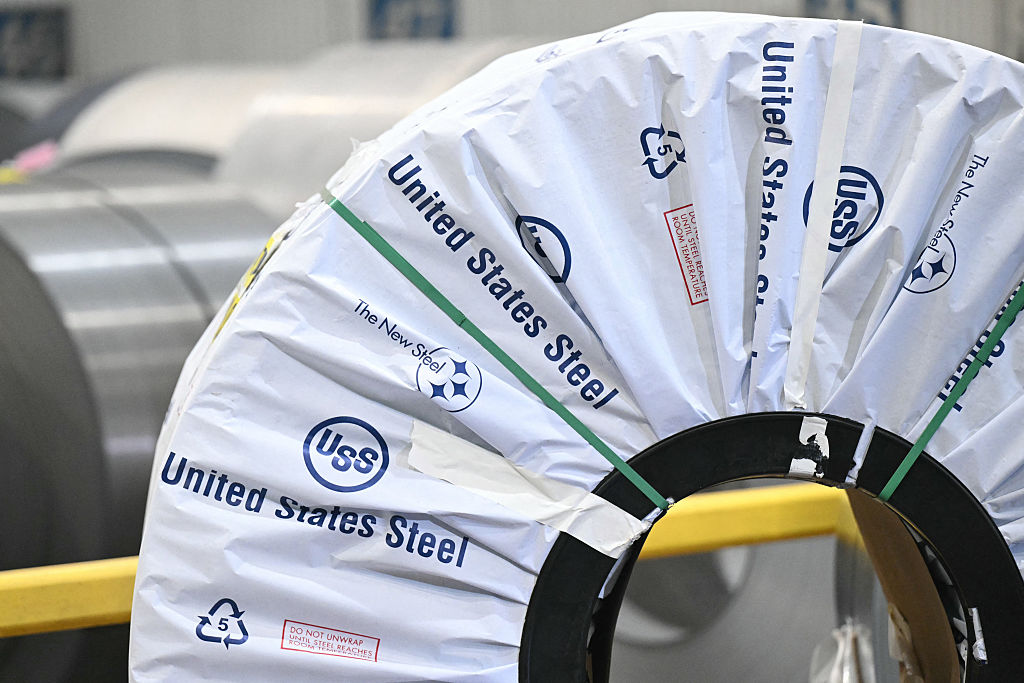A New Grassroots Currency Hits the Market in Greece
In the Greek city of Volos a new currency has emerged. With the Greek economy struggling, unemployment up, and austerity kicking in, some Greeks seem to be turning towards social entrepreneurship as a way to manage and help contain the economic downturn. The new currency, TEM, is based on a barter system, the oldest economic means of exchange. While these sorts of initiatives will not solve Greece’s financial worries, it is an encouraging sign that even in a country with a bloated state addicted to spending grass root social entrepreneurship can thrive.
TEM was founded by Yiannis Grigoriou and operates virtually and operates on a barter systerm. For example, Hara Soldatou was able to buy candles with 24 TEM, which she built up by offering yoga classes. Once you build up TEM by offering your goods or services, you can shop with offers in the same system.
At the moment the new currency is not a threat to the euro (and is unlikely to ever be), yet already there are advantages that Volos inhabitants are benefiting from. Parents who are struggling because of difficulties with their traditional bank accounts can now send their children to workshops and other activities in exchange for TEM. Citizens who are struggling to pay rent can now buy food by making jewelry, offering classes, growing plants, or cutting grass.
Money as we know it arose of these sorts of systems. Indeed the classic retention of value problem that faces most barter systems seems to have been addressed with the use of TEM tokens that act effectively as IOUs or paper money substitutes.
There is a historical irony to this system emerging on the shores of the Aegean, where this sort of trade occurred for hundred of years with minimal state interference. In the midst of the worst economic situation in decades, it is reassuring that some Greeks have found some economic security in a system similar to one that their ancestors used in antiquity.
What is more encouraging is that the authorities seem to be sympathetic. The Mayor of Volos is supportive of the measure, unsurprising given the state of the Greek economy. It makes sense for a struggling town if TEM is being used for day-to-day necessities while euros are being used for mortgages, rent, and loan repayments.
Even in the U.S. there has been the emergence of competitive currencies such as BitCoin, which some websites and restaurants now accept. Unlike TEM, bitcoin is traded, bought, and even mined, so is not based on barter.
It is too early to say how successful these new currencies will be at averting or stalling financial difficulties. However, what should be encouraging is that people are experimenting with alternate currencies and economic models outside of state influence. Of course these sorts of initiatives could always fall foul of some regulation, but in the case of Volos at least it seems that the authorities are willing for experimentation and innovation in the face of economic hardship. Perhaps others might learn from its example.
Image: Shutterstock/photo-oasis

